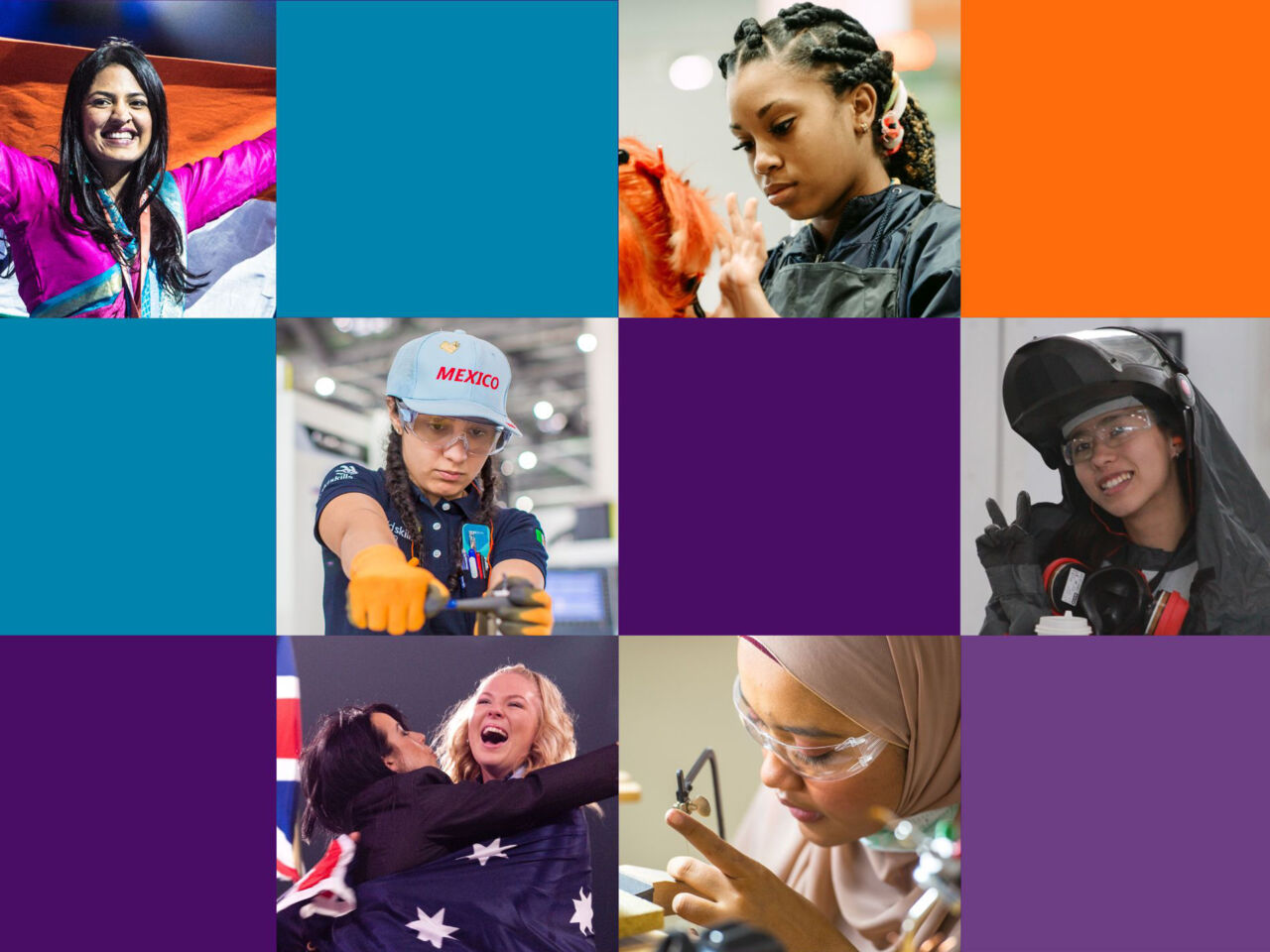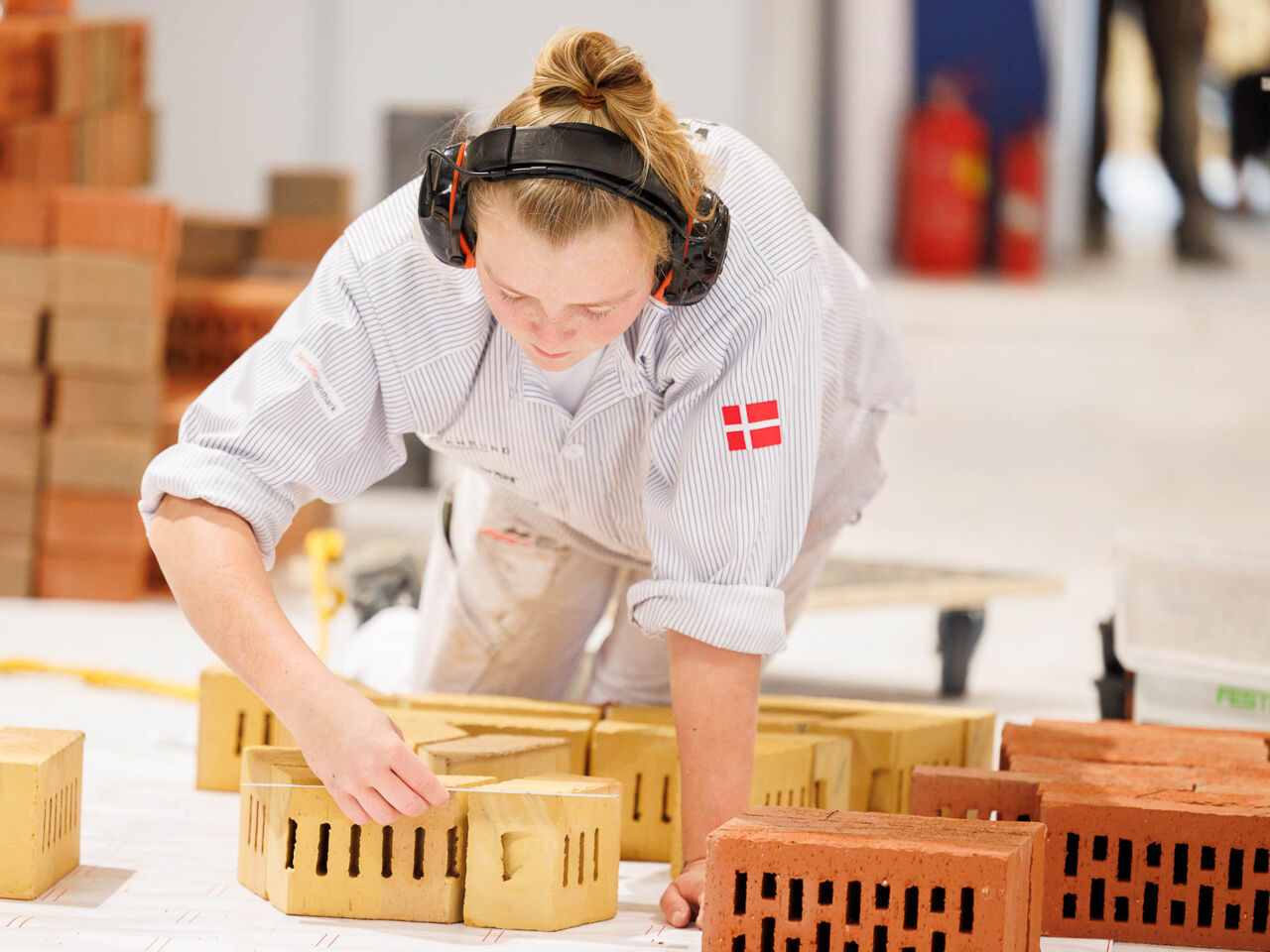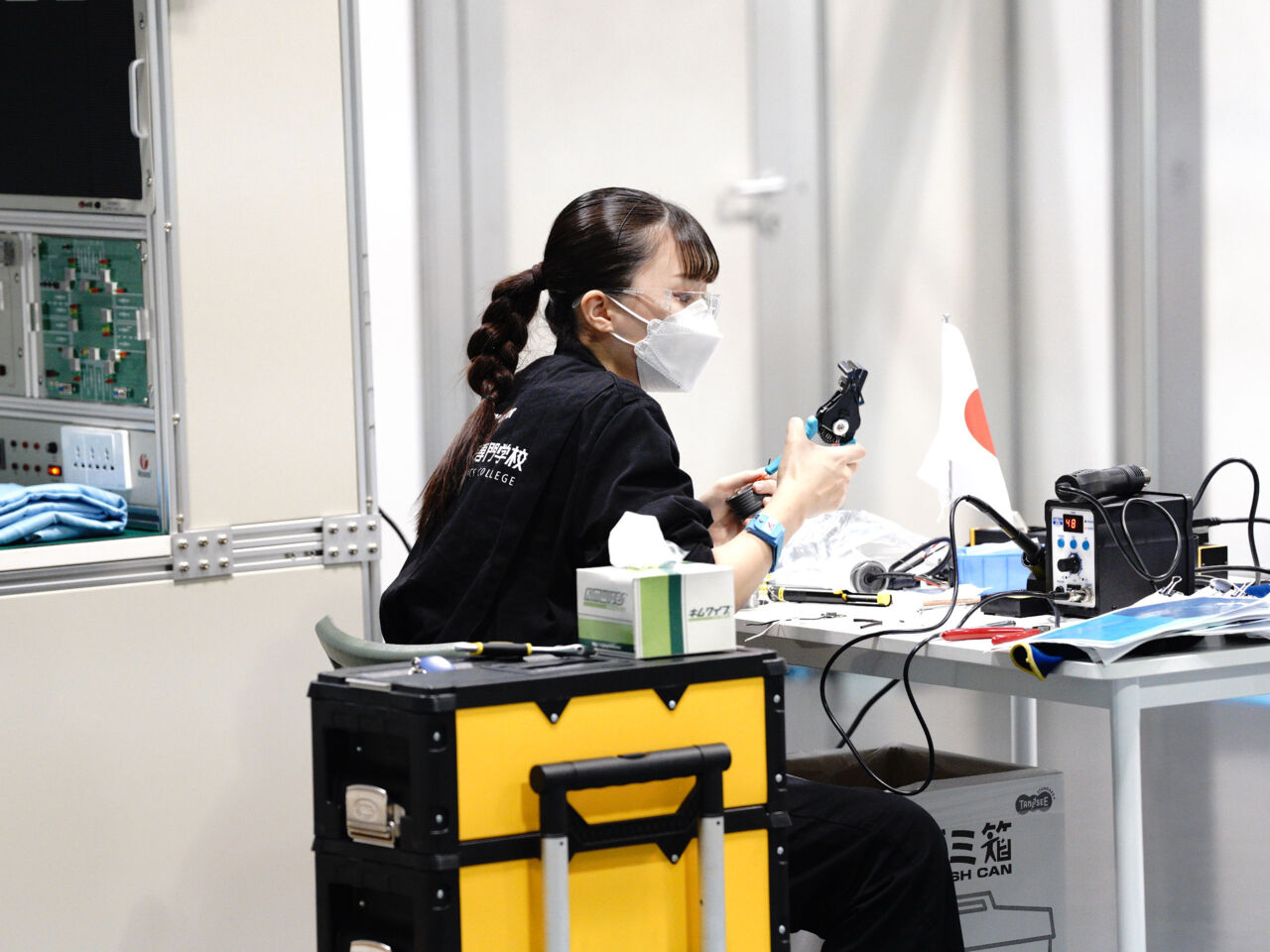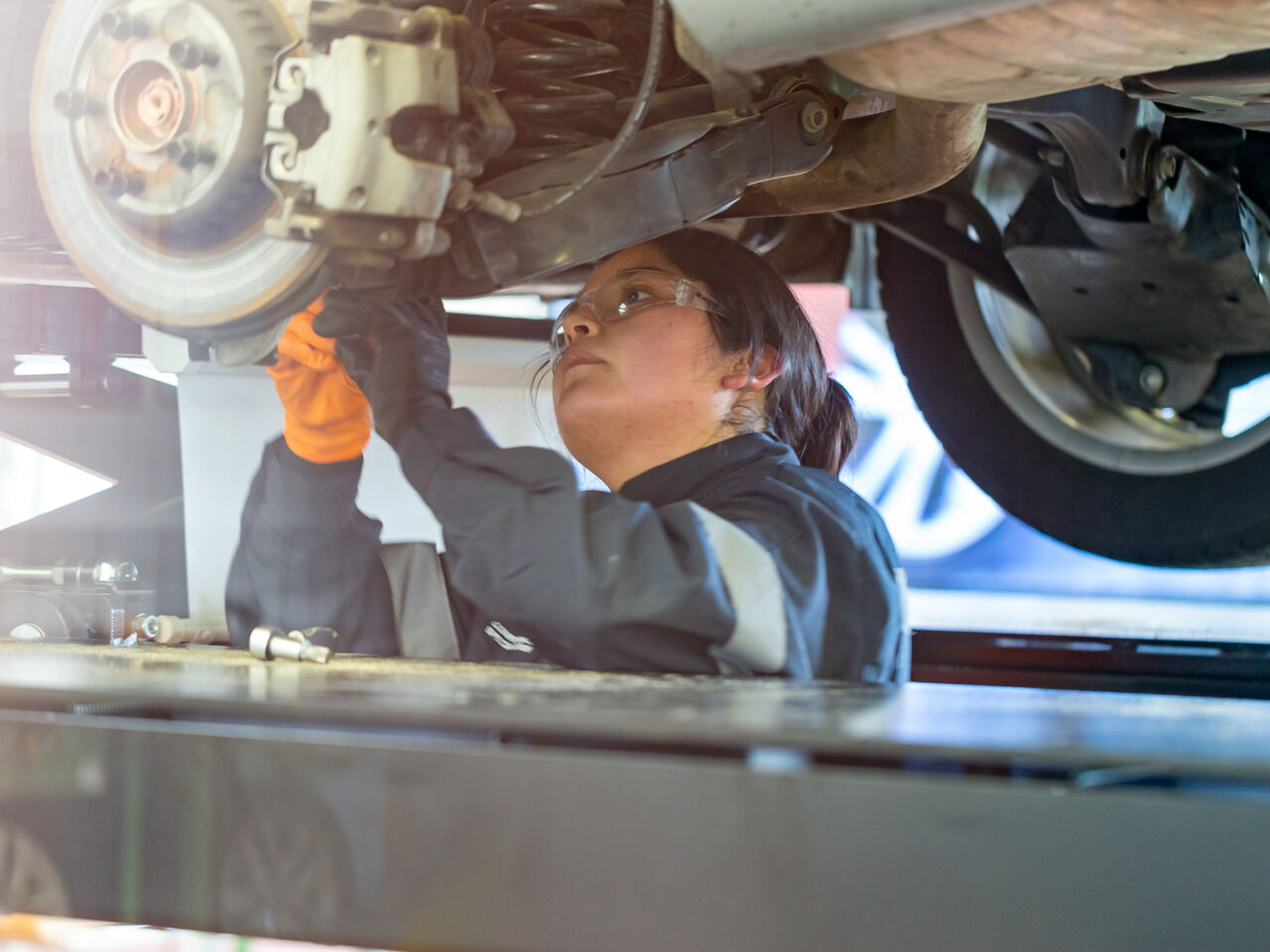8 March 2023
Equal opportunities aren’t enough – #EmbraceEquity in VET
In March, we recognized International Women’s Day and #EmbraceEquity to acknowledge what it will take for equitable inclusion in Vocational Education and Training.

The right to education for all is firmly established in political contexts around the world. Progress is being made to reform gender discriminatory laws governing work, and explicit legislation against gender discrimination, and harassment at work.
In Vocational Education and Training (VET), limiting gender roles continue to affect many young women’s access skill development and training. Some of the barriers faced by girls and other vulnerable groups involve systemic discrimination, inequalities related to course materials and school infrastructure, and discriminatory career guidance practices.
The gender gap in employment persists around the world, both in terms of workforce participation, equal compensation for men and women, and work quality. Women are less likely to get a job, and have less opportunities than men to pursue independent economic security. Occupation segregation is yet another indicator of the vast gender disparities in the world of work.
This situation is unlikely to improve in the near future, as forecasted by the International Labour Organization.
WorldSkills supports this year’s theme for International Women’s Day - #EmbraceEquity. The aim is to get the world talking about the inherent differences between equity and equality and to point out that gender equality can’t be truly achieved unless equitable action is taken.
Equal opportunities are not enough because each person’s circumstances are different. Specific approaches are required to reach an equal outcome.
“As part of our agenda on equity, diversity, and inclusion, we need to continue working together with our Members and Global Partners to find solutions to gender imbalances and promote diversity and inclusivity in skills, as well within the WorldSkills movement. We must ensure systems and institutions provide not only equal access to VET opportunities regardless of gender, but that enhanced measures are taken so everyone can attain the skills of the future,” said Laurence Gates, WorldSkills Board member.
Gender equity in education and training is embedded in the United Nation’s Sustainable Development Goal 4, which aims to ensure the right to inclusive and equitable quality education and lifelong learning for all.
It is also an important focus in the new UNESCO Strategy for TVET 2022–2029: Transforming Technical and Vocational Education and Training for Successful and Just Transitions, launched in October 2022.
Under its lines of action, UNESCO – a partner of WorldSkills – will provide policy advice so that VET systems offer equitable access to skills development for jobs, apprenticeship, entrepreneurship, and economic opportunities, putting the stress on populations that historically have had limited access to skills, for example, women and girls.
The new strategy also aims at mainstreaming gender equality across VET programmes to strengthen VET systems to be gender-transformative, and empowering girls and women through education. This will include curricular changes addressing gender inequality and gender sensitivity of teachers to remove gender stereotypes.
Join us to #EmbraceEquity so everyone can have equitable access to VET and build skills to change worlds.


